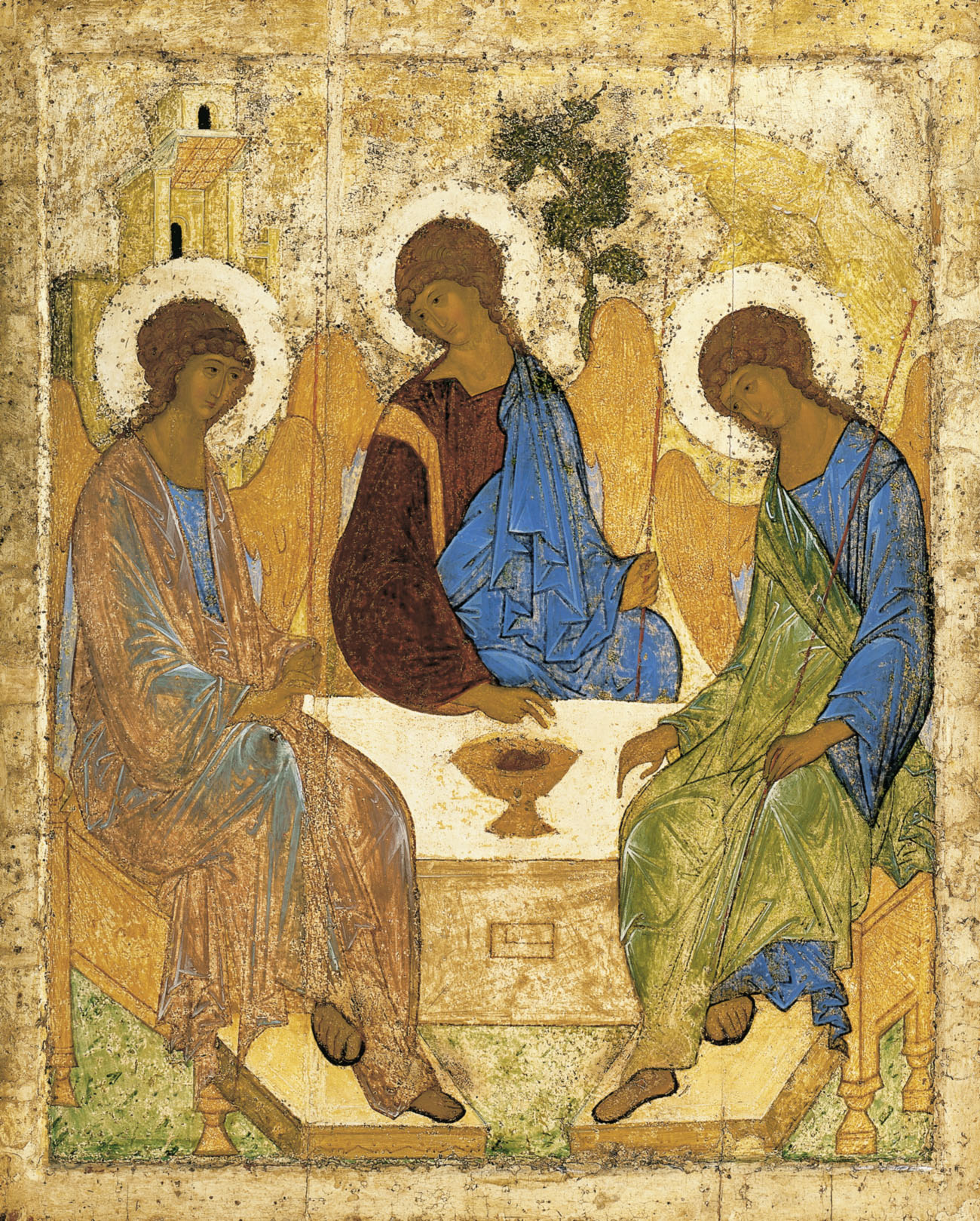Riding on the bus with my friend, Barbara, I criticized her for shopping at Walmart. I don't because of their business practices. Barbara shut me up with "Well, they give employment to those who need a job."
I was reminded of this incident when I read, "Quick Note on Living Wages and Social Justice: Profiteering." The author, Jennifer Fitz refers to another article, "Outside the Asylum" by Theodore Seeber. This article has an interesting subtitle, "why I am against the Jesuits."
My take is that Seeber judges unscrupulous Catholic employers who take advantage of their employees as unworthy to receive communion. Jennifer Fitz explains Seeber:
I was reminded of this incident when I read, "Quick Note on Living Wages and Social Justice: Profiteering." The author, Jennifer Fitz refers to another article, "Outside the Asylum" by Theodore Seeber. This article has an interesting subtitle, "why I am against the Jesuits."
My take is that Seeber judges unscrupulous Catholic employers who take advantage of their employees as unworthy to receive communion. Jennifer Fitz explains Seeber:
The one concept I thought worth highlighting from Seeber’s comments is that there is a moral distinction to be made between solidarity and profiteering. Everything else equal, if the business owner is profiting from the low wages and poor working conditions at his factories, it is a serious sin. That should be contrasted to the situation of, say, a subsistence farmer whose hired workers live and eat just as badly as the employer.
In terms of economic theory, the challenge is overcoming the idea that just because an exploited worker is better off being exploited than being dead, does not therefore mean that we have a free and fair exchange of labor for wages.
The one concept I thought worth highlighting from Seeber’s comments is that there is a moral distinction to be made between solidarity and profiteering. Everything else equal, if the business owner is profiting from the low wages and poor working conditions at his factories, it is a serious sin. That should be contrasted to the situation of, say, a subsistence farmer whose hired workers live and eat just as badly as the employer.
The one concept I thought worth highlighting from Seeber’s comments is that there is a moral distinction to be made between solidarity and profiteering. Everything else equal, if the business owner is profiting from the low wages and poor working conditions at his factories, it is a serious sin. That should be contrasted to the situation of, say, a subsistence farmer whose hired workers live and eat just as badly as the employer.
In terms of economic theory, the challenge is overcoming the idea that just because an exploited worker is better off being exploited than being dead, does not therefore mean that we have a free and fair exchange of labor for wages. Anytime your only alternative to a course of action is certain suffering and death, we cannot say your choice has been “freely” made.
I guess I'm more Jesuit influenced--also with a Dominican spin. I need to make distinctions. How can everything be equal? There's no such animal. OK, speaking hypothetically, suppose the business owner paid the highest wages in that area. What would that do to their local economy? What would that do to his product? To consumers?
Anytime your only alternative to a course of action is certain suffering and death, we cannot say your choice has been "freely" made. No, it isn't. But I wouldn't judge the employer's worthiness to receive communion. Who knows the shoes he walks in? Like our Jesuit leader says, who am I to judge?
The Eucharist is the True Presence. We should be encouraging people to come to the Eucharist, not discouraging.
The Eucharist is the True Presence. We should be encouraging people to come to the Eucharist, not discouraging.



No comments:
Post a Comment